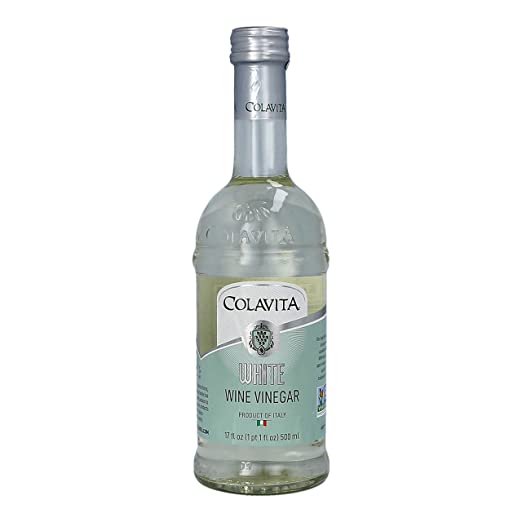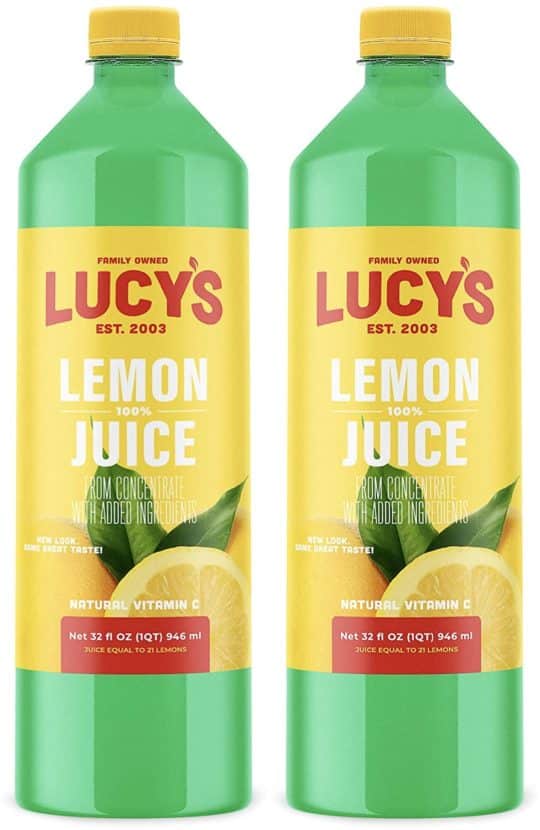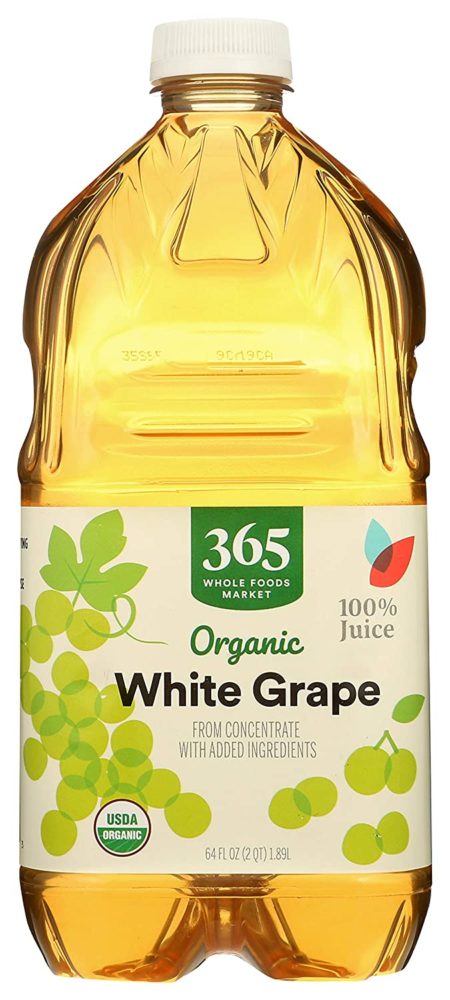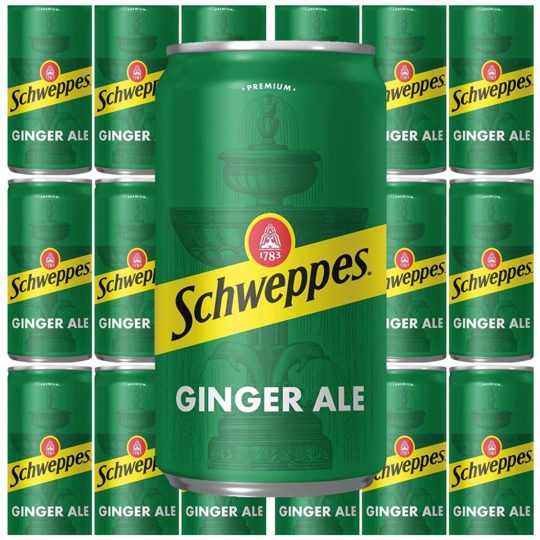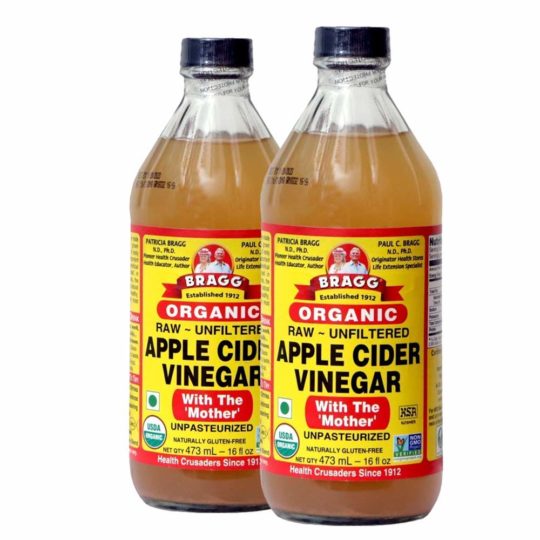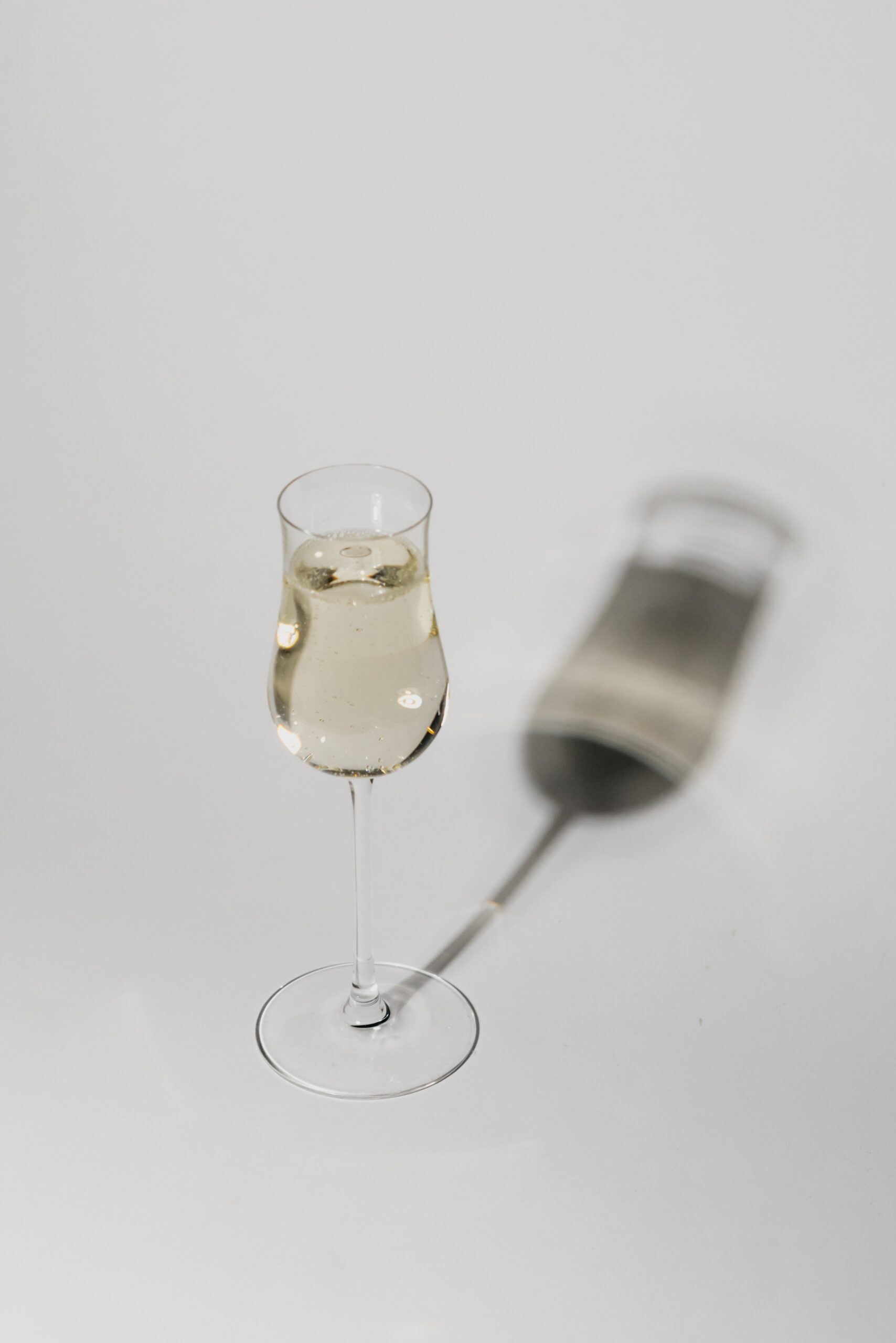Dry white wine is an ingredient used in cooking. It is derived from fermented grapes. it is not sweet as it chains no residual sugar. This is because the fermentation prices reduce the sugar contents in the grapes. This is what makes this pantry staple great for cooking.
Dry white wine is used to cook chicken, fish, mushrooms, etc. It provides acidity and flavor to food. Thicker and intensely flavored white wines with higher acidity are termed “crisp” and thus are more desirable for cooking. Some of these include Sauvignon Blanc, Albarino, Pinot Grigio, etc. It has a fruity taste but as stated earlier, isn’t sweet. Wine can be used for a variety of reasons. These range from; adding acidity to adding flavor to food, to adding sugar, depth, or brightness to dishes. It can also be used to tenderize meat, provide moisture or deglaze a pan. It is necessary to know what you wish to achieve.
Indeed, dry white wine is a great ingredient for various purposes. However, sometimes one may desire a non-alcoholic substitute for white wine. It could also be that one has run out of this ingredient and needs a readily available substitute for it. For these reasons and more, this article will be discussing five substitutes for dry white wine in cooking.
Uses of dry white wine in recipes
Dry white wine can be used to add flavor and brightness to dishes. It is used in a variety of recipes, some of which include the following;
- Wine butter sauce
- Sauvignon Blanc steamed mussels with garlic toast
- Coq au Riesling
- Riesling with strawberry conserve
- Viognier steamed clams with bacon and parsnips.
Substitute for dry white wine in cooking
There are a number of substitutes for dry white that will have a similar impact on your recipe. Here are five excellent substitutes that will suit your needs;
White wine vinegar
This is a non-alcoholic substitute for dry white wine. White wine vinegar has many flavors and characteristics similar to dry white wine. It has a tangy taste. This is due to its fermentation and oxidation process that turns it into acid with a slightly fruity flavor. This makes it an excellent substitute for dry white wine. It can be used in sauces, as a marinade, or salad dressing. To substitute, use ¼ cup white wine vinegar + ¼ cup of water in place of ½ cup of dry white wine.
Lemon juice
Lemon juice replicates the tangy flavor that dry white wine adds to dishes. It has high vitamin C content. It has a sour, tangy taste and a light consistency. Just like dry white wine, it adds brightness and flavor to dishes. This makes it another excellent substitute l for dry white wine.
Lemon juice has a lot of health benefits as well. To substitute, dilute with equal part water and use as the recipe calls for dry white wine. This is done to avoid the flavor of the lemon overpowering the taste of the dish.
White grape juice
This substitute will most certainly add some sweetness to your dish. It has a crisp flavor and taste. This is how it imitates dry white wine in recipes. White grape juice is manufactured from green-skinned grapes. It has a good number of health benefits as well. To achieve a replicated taste close of dry white wine, mix a tablespoon of vinegar or lemon into a cup of grape juice.
Ginger ale
This substitute may look unconventional. However, it makes for a great substitute for dry white wine in cooking. It has the same kind of taste as white wine. It is a ginger-flavored carbonated soft drink. This drink has a PH level of between 2.0 – 4.0, making it very acidic. Thus it serves as a good substitute for dry white wine. You simply substitute this in equal amounts as dry white wine in the recipe.
Apple cider vinegar
Another great substitute for dry white wine is Apple cider vinegar. Vinegar is a good substitute for dry white wine. This vinegar has an apple flavor to it which will serve as a bonus to your recipe. Apple cider vinegar has a similar age depth as dry white wine. It is also slightly sweet. It is made from fermented apple juice. This ingredient is used in sauces, as a dressing, marinades, and even in preservatives for food. Substitute this in the same way you would use dry white wine in a recipe.
Frequently asked questions (FAQs)
What can I substitute for dry white wine in a recipe
There are a variety of non-alcoholic substitutes for dry white wine such as vermouth, white wine vinegar, white grape juice, etc. However, what you wish to achieve in your dish will determine which of the substitutes you would be needing. For instance, if you need brightness in your dish, your go-to option maybe lemon juice.
What is the best substitute for white wine in cooking?
It is necessary to pick a substitute with similar flavor and acidity levels to dry white wine such as vinegar, lemon juice, etc. This will imitate the flavor and taste that dry white wine would give to the recipe.
What does white wine taste like?
It has a sharp crisp flavor that enhances the flavor of dishes. This is precisely the reason why it is preferred when it comes to cooking.
Conclusion
Dry white wine helps enhance the flavor of dishes. This is due to its strong flavor and acidity levels. It adds brightness and flavor to dishes. Due to its crisp features, it is preferred in cooking. However, for certain reasons, one may require a substitute for this ingredient. These reasons could be due to unavailability or simply preference. This article discussed five excellent substitutes for dry white wine in cooking. I do hope you found this helpful.
